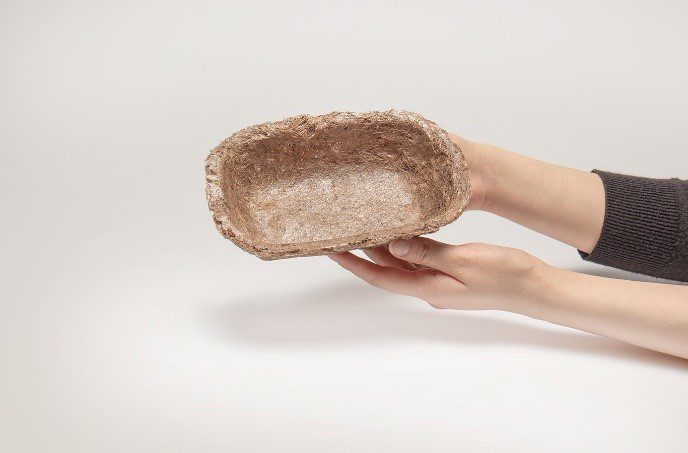ACAN network members and friends embark on a litter pick in Alton town centre.
Plastic! We both love it and hate it, don’t we? The Oxford English Dictionary defines it as: a synthetic material made from a wide range of organic polymers such as polyethylene, PVC, nylon, etc., that can be moulded into shape while soft, and then set into a rigid or slightly elastic form.
And therein lies the rub. On the one hand, it’s a really useful, durable, versatile material but the inevitable downside is that it is not biodegradable and can stay with us for hundreds of years. This results in unsightly, dangerous landfill sites that can only keep growing unless something is done to prevent it. And sadly that is not the whole story. Whereas plastic in landfill rarely sees the light of day, in the ocean, where so much of it ends up, it is subject to a process called photodegradation and in warm seas it can degrade in as little as a year. This results in tiny particles of toxic chemicals such as bisphenol A and PS oligomer which end up in the guts of marine creatures, enter the food chain and finally end up in us.
What can we do?
The obvious answer is, avoid buying it altogether! But that’s not so easy and if we already have items made of plastic, the best thing is to keep using it and reusing it for as long as possible in order to delay the inevitable day when it has to be discarded.
Recycling is a possibility and many products have recycling labels on them. But the process of recycling plastic is not carbon neutral and opportunities for recycling in this area are well-known to be very limited.
We can do our best to prevent it littering our streets, entering our rivers and getting into the food chain that way. Several groups now regularly collect litter from our streets – the Alton Society, Alton Town Council’s Alton Ambassadors and ACAN’s own monthly Plastic Patrols are just a few examples. Last year the ACAN group collected over 230 kilos of other people’s rubbish, a large proportion of it made of plastic. Food packaging is a major problem – as ACAN members are acutely aware of when they litter pick near any of our convenience stores.
Fortunately, industry is not entirely blind to the problem and various companies have made efforts to eliminate the plastic content of their packaging. Research is underway to produce biodegradable sustainable food packaging from a large number of alternatives, ranging from peanuts to bagasse ( a sugar cane by-product), palm leaves, mushrooms, corn starch, and even prawn shells.

Two initiatives based in the UK both use marine vegetation. Felix Pöttinger, who developed his idea, which he calls POC Packaging (pictured opposite), while studying for a Master’s degree in design at the Royal College of Art, uses washed-up seagrass. The dried seagrass fibre is bound together using a cellulose-based extract from the plant. Once mixed, the seagrass is pressed into a metal mould and baked until completely dry.
Now supported by Tesco and Microsoft Research Cambridge, he claims the material is not only completely biodegradable but has antibacterial properties that help keep dry food fresh. His hope is that it will reduce both food and plastic packaging waste. Careful only to use dead seagrass fibres that get washed up on the Mediterranean coast, Pöttinger claims that there is therefore no industrial harvesting process and consequently no danger to the ecosystem.
The founders of other UK-based group, London-based Notpla’s Pierre Paslier (pictured at his seaweed farm in Wales) and Carcia Gonzalez, also studied at the Royal College of Art, in their case a course in Innovation Design Engineering run jointly by the RCA and Imperial College London. They launched Notpla in 2014 and in 2022 their seaweed bioplastics won them the Earthshot ‘Build a Waste-free World’ award.

Seaweed can grow up to 30cm a day, so there’s plenty of it, and it absorbs carbon from the atmosphere as it grows. So, argue Paslier and Gonzalez, replacing the fossil fuels used to make conventional plastic with bioplastic made from seaweed will also help to reduce climate change. They have already made edible liquid sachets and takeaway boxes and the £1 million prize money will enable them to develop their products further.
To find out more about or to take part in ACAN’s Plastic Patrol litter picks, email plasticacan@gmail.com.
 Alton Climate Action Network
Alton Climate Action Network